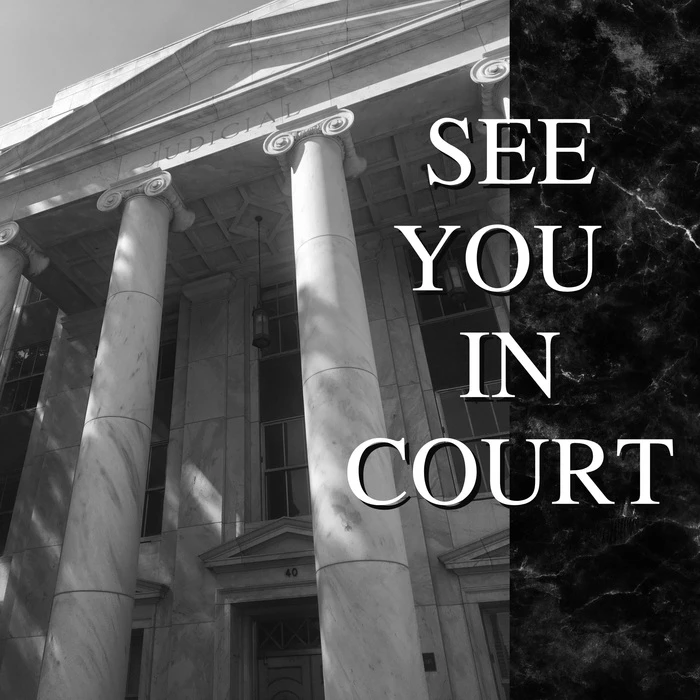Navigating the Legal Landscape: Georgia’s Court System Deep Dive
In the heart of the South, Georgia’s court system stands as a pillar of justice, comprised of a multi-tiered structure that ensures a fair and efficient legal process. Understanding the intricacies of this system is crucial for residents and legal enthusiasts alike.
That’s why See You In Court wanted to delve into the layers of Georgia’s court system, exploring trial courts of general jurisdiction, trial courts of limited jurisdiction, and the vital Courts of Review.
Trial Courts of General Jurisdiction
Superior Court
At the helm of Georgia’s legal landscape, the superior court commands broad civil and criminal jurisdiction. With forty-nine circuits spanning one or more counties, these courts, led by constitutional officers elected in circuit-wide nonpartisan elections, preside over felony trials, exclusive divorces, and error corrections from limited jurisdiction courts.
Superior court judges aged 30 or above, with seven years of legal practice, and three years of state residency, bring a wealth of experience to their four-year terms.
Trial Courts of Limited Jurisdiction
State Court
Navigating limited jurisdiction within a county, state courts play a crucial role in handling misdemeanors, traffic violations, and certain civil matters. Elected through county-wide nonpartisan elections for four-year terms, state court judges ensure justice is served at the local level, with certain vacancies filled by gubernatorial appointment.
Juvenile Court
Focused on the welfare of juveniles under 18, juvenile courts address a spectrum of cases, from delinquency to abuse and neglect. Judges appointed by superior court judges or elected based on local laws, strive to provide care, guidance, and control within the child’s home, emphasizing community-based programs over detention centers.
Probate Court
With original jurisdiction in will probate and estate administration, probate courts extend their authority to involuntary hospitalization and the appointment of legal guardians. Handling diverse matters such as marriage licenses and firearm licenses, probate judges, especially in populous counties, must be licensed attorneys with seven years of legal practice.
Magistrate Court
Serving as the first resort for many civil disputes involving amounts of $15,000 or less, magistrate courts wield authority over warrants, minor criminal offenses, and civil claims. Chief magistrates, often elected, ensure swift justice at the county level.
Municipal Court
Established by cities, municipal courts specialize in adjudicating traffic offenses, local ordinance violations, and certain misdemeanor cases. Judges, appointed or elected, contribute to the local legal fabric, handling diverse matters from noise complaints to criminal trespass cases.
Courts of Review
- Supreme Court of Georgia: As the apex court, the Supreme Court reviews decisions from lower courts, focusing on constitutional questions, death penalty cases, and appeals from the Court of Appeals. With nine justices, each case undergoes rigorous scrutiny before a final decision is reached, contributing to the oversight of the legal profession and the judiciary.
- Court of Appeals of Georgia: The Court of Appeals serves as the first review for civil and criminal cases, correcting legal errors from the trial level. Comprising fifteen judges organized into panels, the court ensures a fair and unbiased assessment of each case.
Learn more about Georgia’s court system with See You In Court today
Georgia’s court system, with its diverse array of trial and appellate courts, epitomizes a commitment to justice, fairness, and efficiency. Understanding the roles and functions of each court ensures a more informed and engaged citizenry, contributing to the flourishing legal landscape of the Peach State.
If you want to stay informed, contact our podcast team online today.






